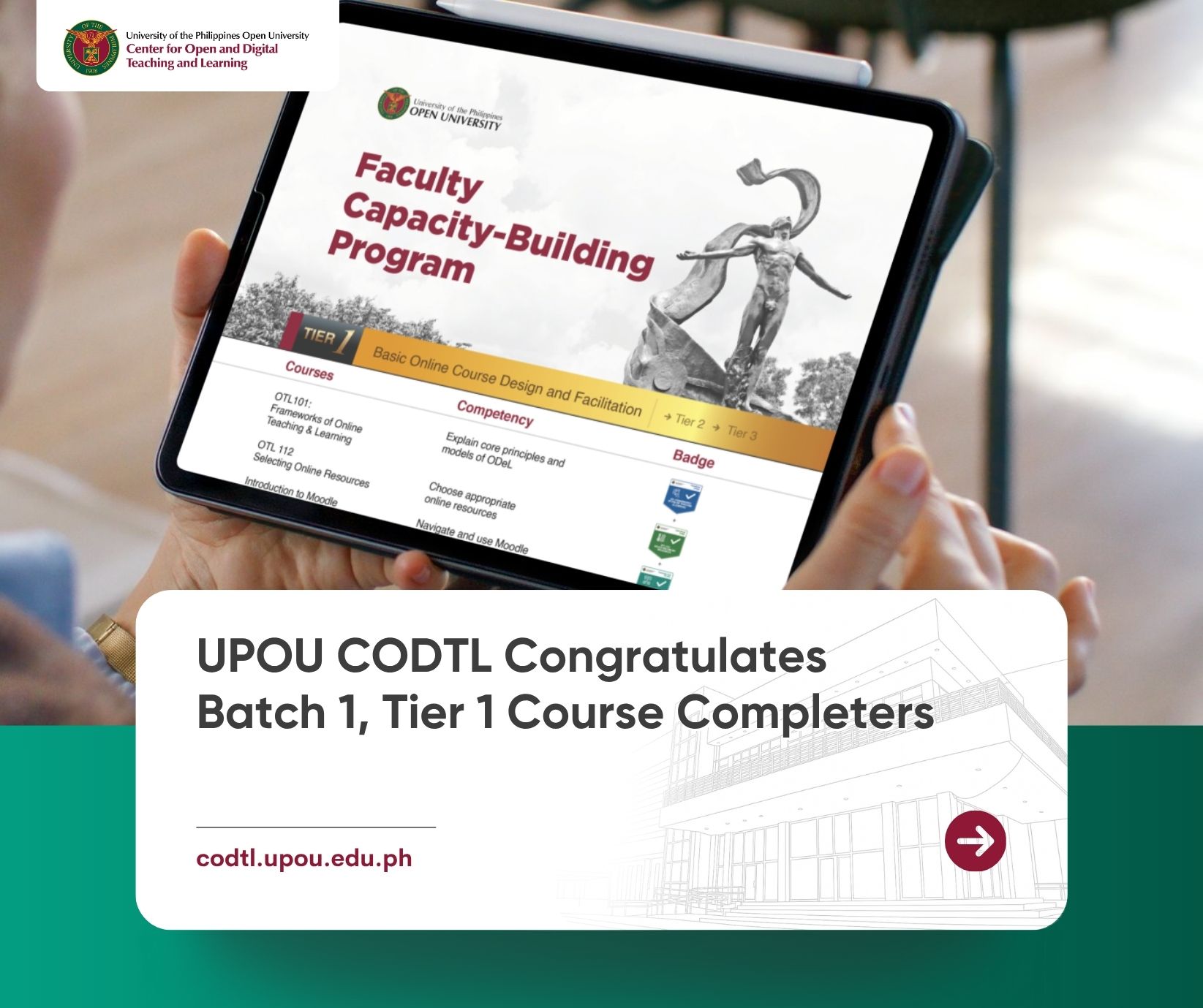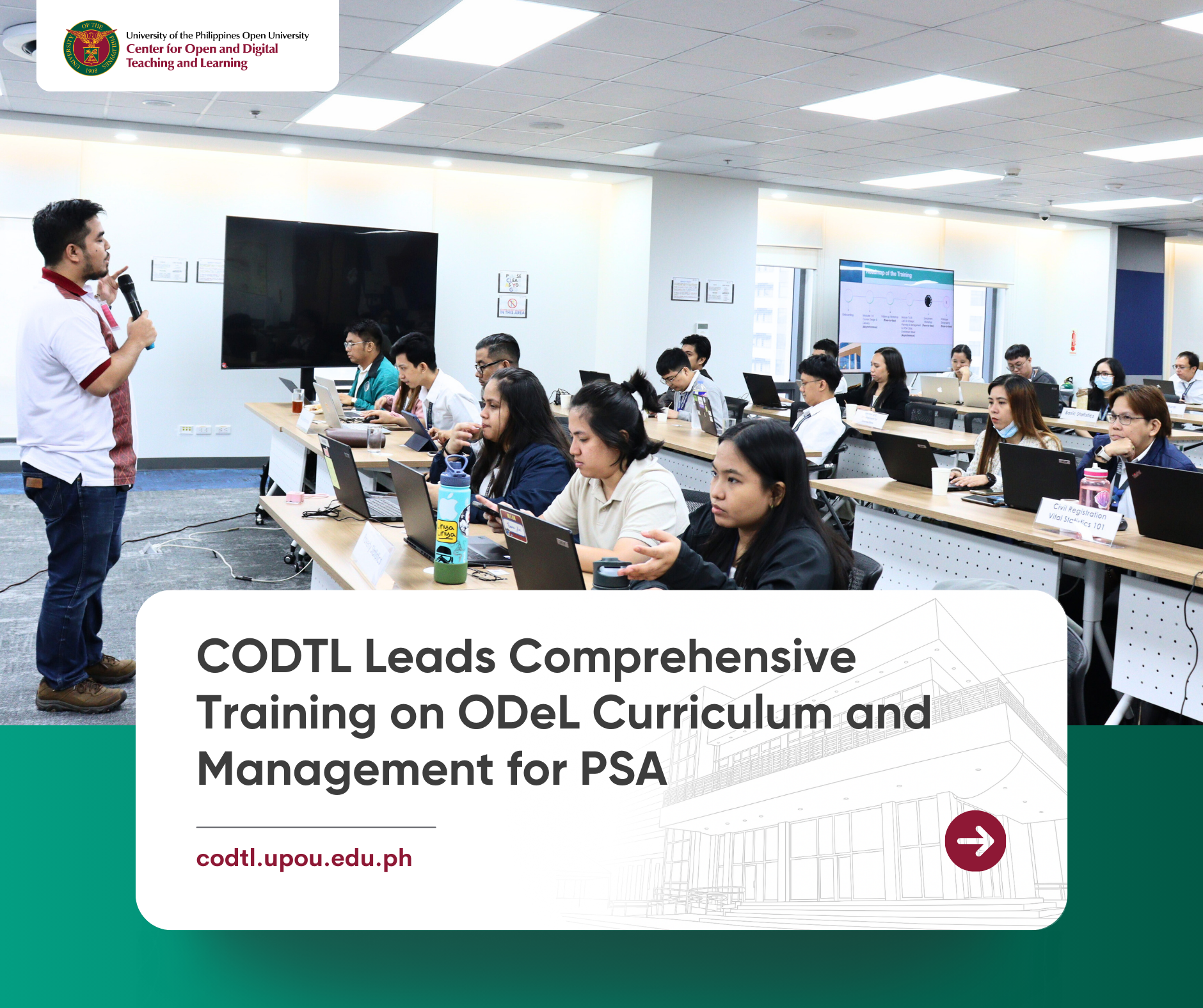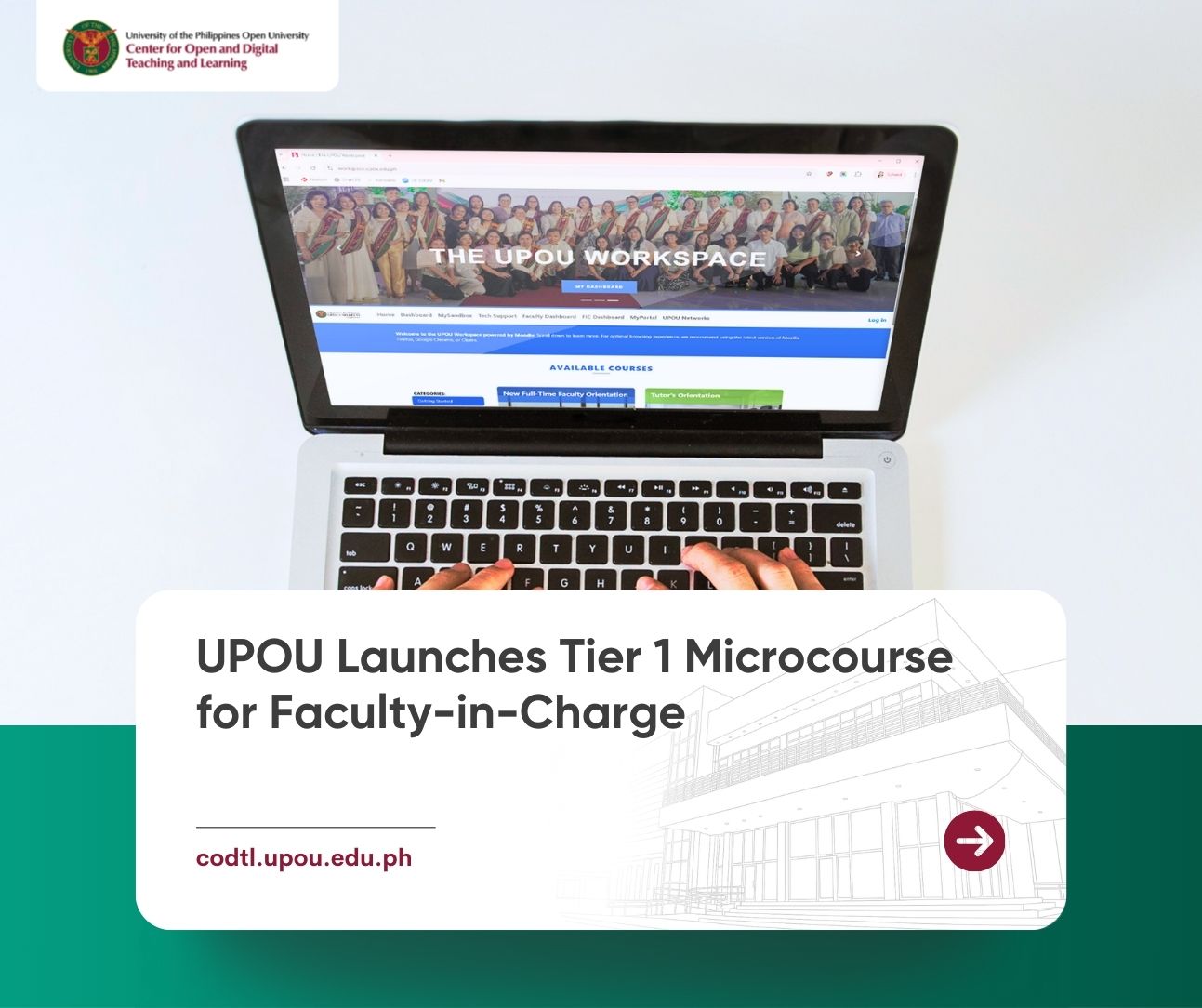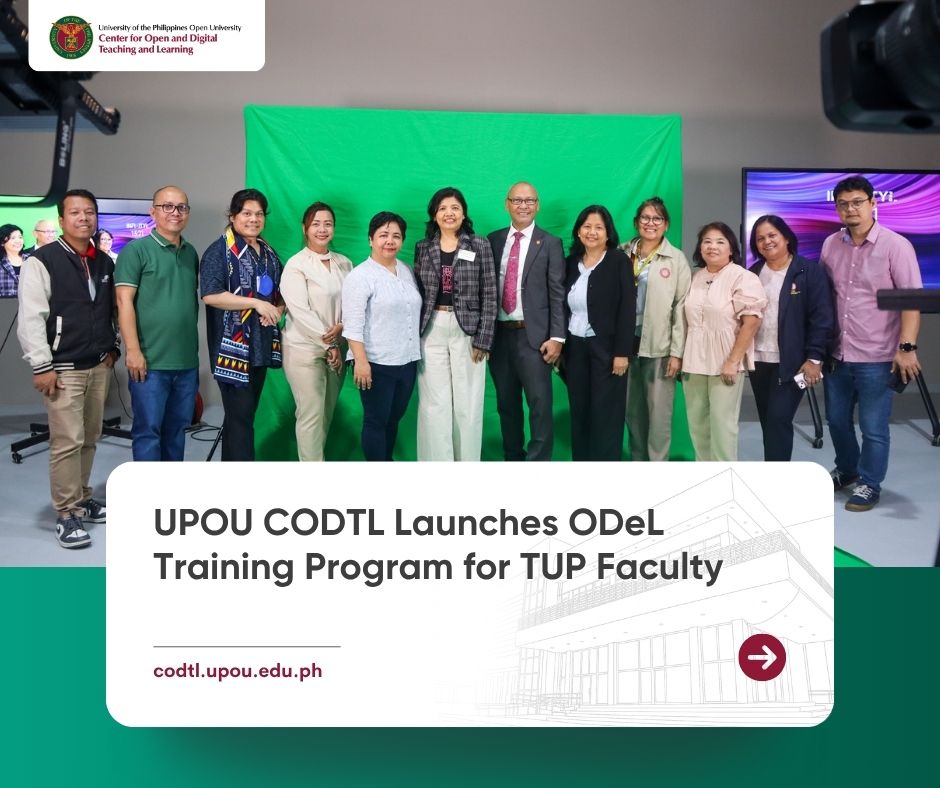The Asia Pacific Conference on Curriculum Studies and Instructional Designing 2024 convened from March 22 to 24 at the Baiyoke Sky Hotel in Bangkok, bringing educators, researchers, and policymakers from across the globe to explore the theme “Curriculum Studies across Diverse Contexts: Designing the Future.”
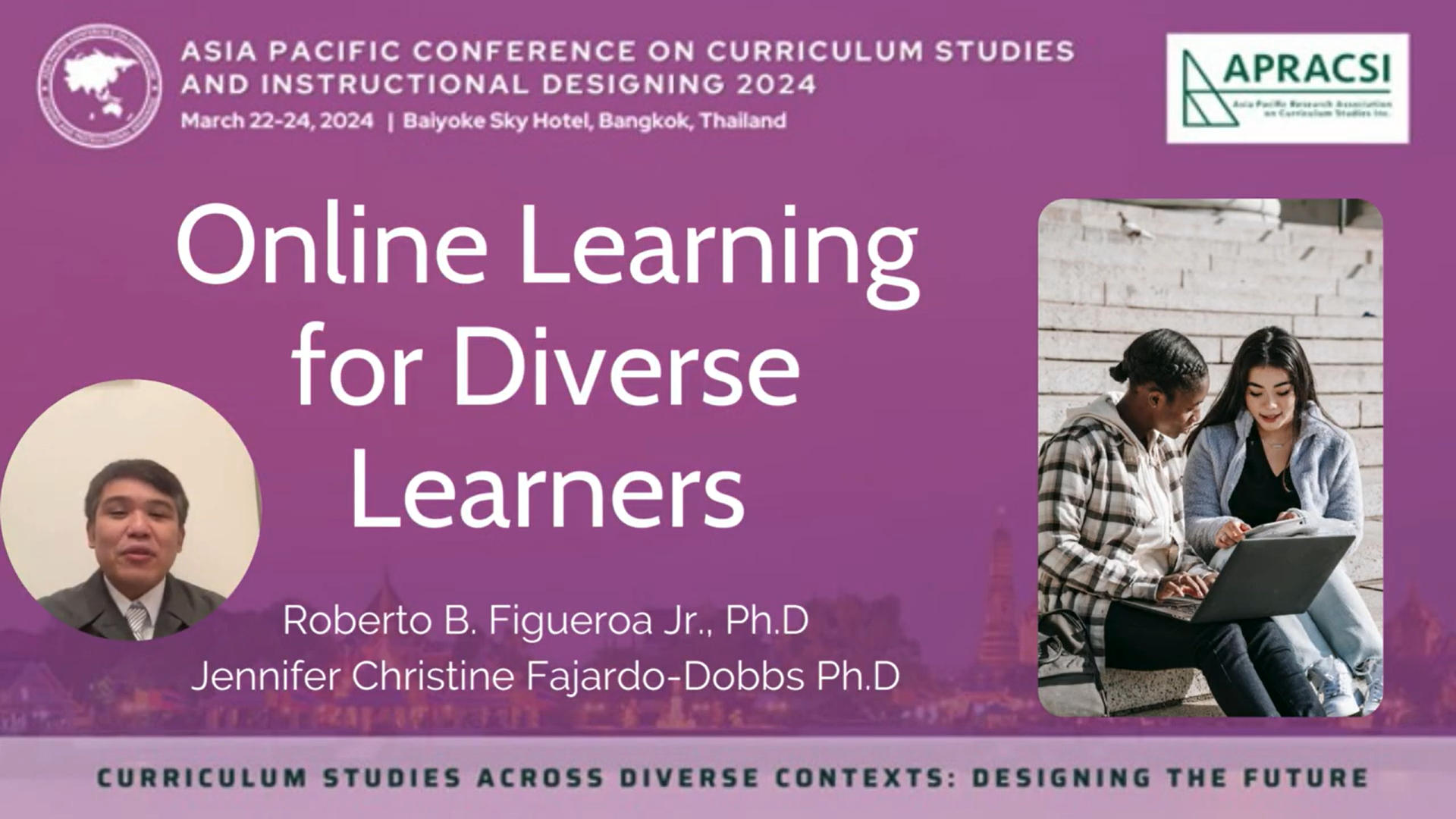
This year’s conference featured a series of plenary sessions, workshops, and panel discussions aimed at addressing the evolving needs of curriculum design in diverse educational settings. Among these sessions was Plenary Session 3, featuring esteemed speakers Dr. Roberto Figueroa and Dr. Jennifer Christine Fajardo-Dobbs, who delivered a presentation on “Online Learning for Diverse Learners.” Their insightful presentation delved into the challenges and opportunities presented by online education in addressing diversity in higher education.”
Dr. Figueroa and Dr. Fajardo-Dobbs’s presentation provided an in-depth analysis of diversity challengers in higher education settings, emphasizing the need for inclusive pedagogical approaches. They discussed how distance education, particularly Open and Distance Learning (ODL), provides a unique perspective for catering to diverse learner needs. By designing online learning environments with inclusivity in mind, educators can create spaces that accommodate a wide range of learners, regardless of their background or circumstances.
The speakers underscored the importance of leveraging the features of ODL to support diverse learners effectively. From flexible learning schedules to multimedia resources and interactive platforms, ODL offers a plethora of tools and techniques to engage students from diverse backgrounds. However, they also acknowledged the challenges inherent in promoting diversity and inclusion in educational settings, both online and offline.
As the landscape of education continues to evolve, the implications of the discussions held at the Asia Pacific Conference on Curriculum Studies and Instructional Designing 2024 are profound. By embracing pedagogical shifts and innovative instructional designs, educators can not only address the needs of diverse learners but also pave the way for a more inclusive and equitable education system.
The conference served as a platform for sharing best practices, fostering collaboration, and envisioning the future of curriculum studies in the Asia Pacific region and beyond. With a renewed focus on designing educational experiences that cater to the unique needs of every learner, the conference delegates left with a shared commitment to shaping a more inclusive and equitable future for education.
Written by Jessa Perez
Edited by Roberto Figueroa

